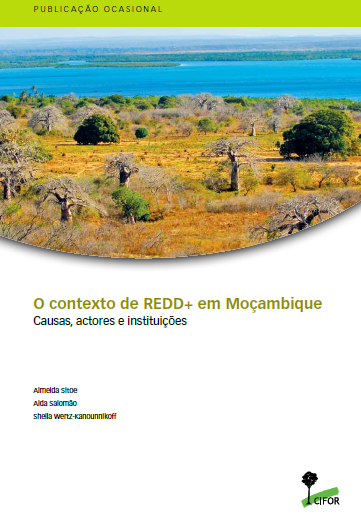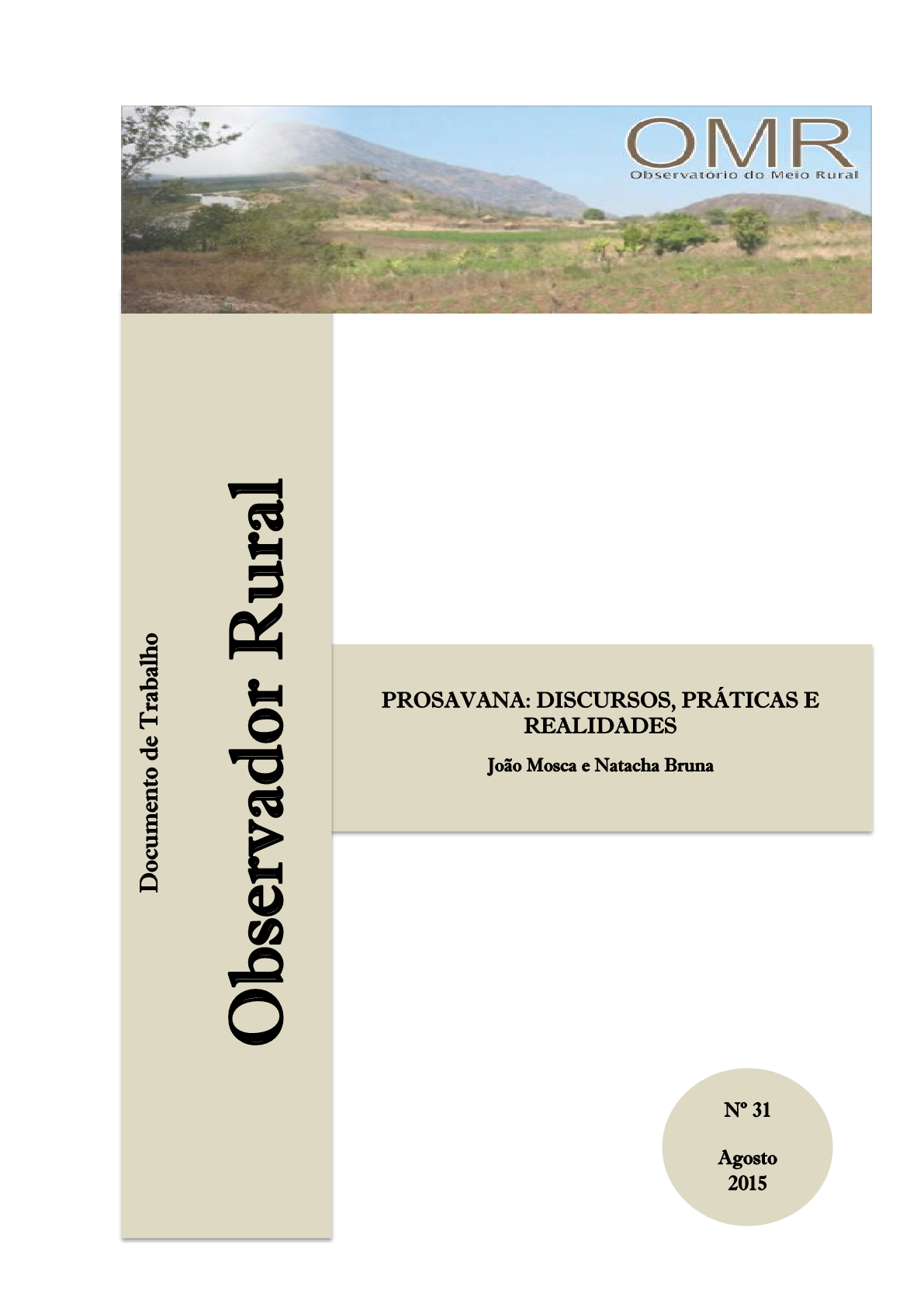O contexto de REDD+ em Moçambique Causas, actores e instituições
Este estudo fornece uma visão geral do contexto de REDD+ em Moçambique através de uma síntese do conhecimento actual das principais causas da mudança de carbono florestal, uma revisão do quadro legal e institucional, e uma descrição do processo político actual de REDD+. O objectivo é reunir dados e informações pertinentes, e oferecer uma análise preliminar dos aspectos fundamentais a ter em conta para políticas de REDD+ eficazes, eficientes e equitativas.


